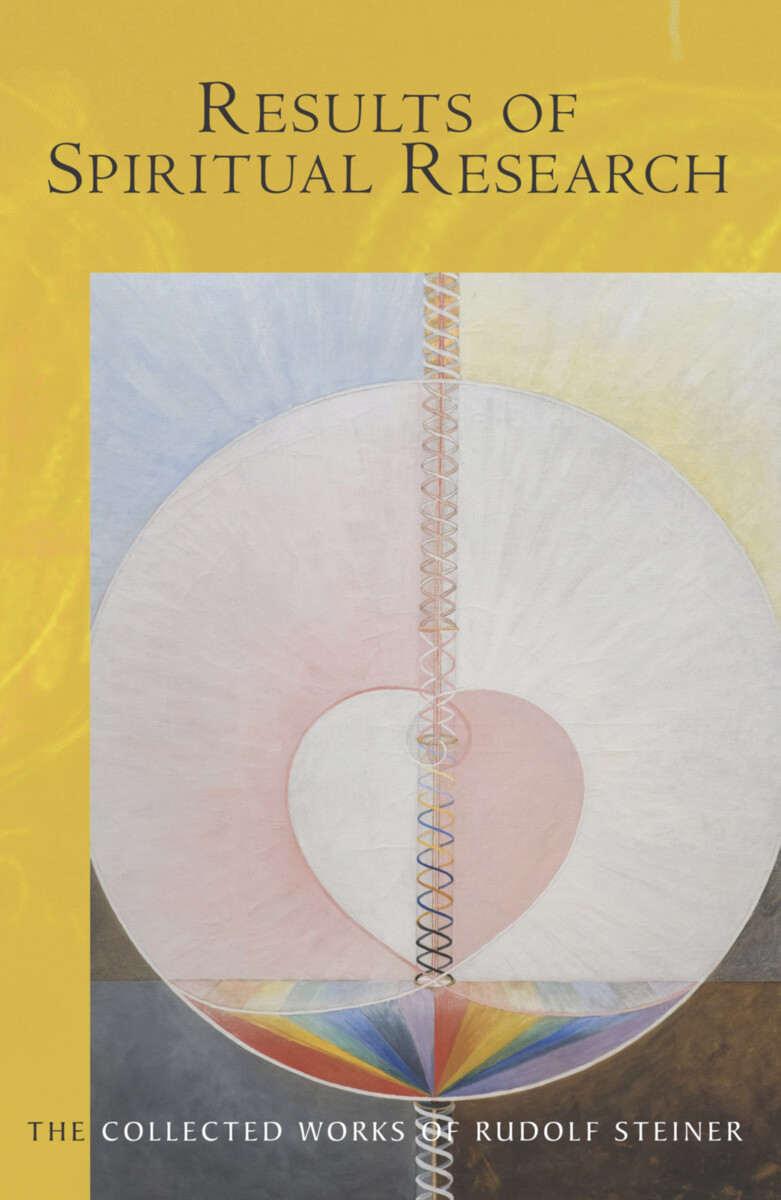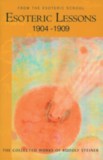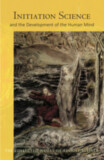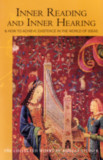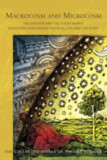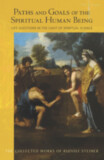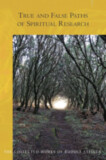Results of Spiritual Research
(CW 62)
- Publisher
Rudolf Steiner Press - Published
13th September 2022 - ISBN 9781855845992
- Language English
- Pages 416 pp.
- Size 6" x 9.25"
14 public lectures, Berlin, Oct. 31, 1912 – Apr. 10, 1913 (CW 62)
“...it has been a kind of undertone of these winter lectures consistently to emphasize the achievements and results of the intellectual life and aspirations of the nineteenth century; for if one considers the way that the intellectual life and aspirations of the nineteenth century have taken hold of humanity and have brought about the great triumph of material existence, it can truly be said that it would necessarily seem to be a hopeless undertaking if this spiritual science under discussion here were to reject or set itself in opposition to the justified requirements of natural science or, indeed, the intellectual and spiritual achievements of the nineteenth century.” — Rudolf Steiner (Apr. 10, 1913)
In a previously unavailable series of talks to the general public, Rudolf Steiner builds systematically, lecture by lecture, on the fundamentals of spiritual science—from the nature of spiritual knowledge and its relationship to conventional science to the path of personal development and the task of metaphysical research, as well as specific questions on the mystery of death, the meaning of fairytales, the significance of morality, and the roles of individual figures in human evolution, such as Leonardo da Vinci, Raphael, and Jakob Böhme.
At the time of these presentations, Steiner had worked in Berlin for many years, and was thus able to “reckon with a regularly returning audience to whom what mattered was to enter ever more deeply into the areas of knowledge that were newly opening up to them” (Marie Steiner). As a consequence—and through “a series of interconnecting lectures whose themes are entwined with one another”—he was able to communicate a coherent and challenging spiritual perception of reality based on his personal research.
These important lectures are presented with notes, an index, and an introduction by Simon Blaxland-de Lange.
This volume is a translation from German of Ergebnisse der Geistesforschung (GA 62). Cover image: Group IX UW No. 25, The Dove, No. 1 (1915), by Hilma af Klint (1862–1944).
C O N T E N T S:
Introduction by Simon Blaxland-de Lange
1. How Is Spiritual Science Refuted?
2. On What Foundation Is Spiritual Science Based?
3. The Tasks of Spiritual Research for both Present and Future
4. The Paths of Supersensible Knowledge
5. Results of Spiritual Research for Vital Questions and the Riddle of Death
6. Natural Science and Spiritual Research
7. Jacob Boehm
8. The World-conception of a Cultural Researcher of the Present...
9. Raphael’s Mission in the Light of the Science of the Spirit
10. Fairy-tale Literature in the Light of Spiritual Research
11. Leonardo’s Spiritual Greatness at the Turning Point Leading to the Modern Age
12. Errors of Spiritual Research
13. Morality in the Light of Spiritual Research
14. The Legacy of the Nineteenth Century
Notes
Rudolf Steiner’s Collected Works
Significant Events in the Life of Rudolf Steiner
Index
Rudolf Steiner
Rudolf Steiner (b. Rudolf Joseph Lorenz Steiner, 1861–1925) was born in the small village of Kraljevec, Austro-Hungarian Empire (now in Croatia), where he grew up. As a young man, he lived in Weimar and Berlin, where he became a well-published scientific, literary, and philosophical scholar, known especially for his work with Goethe’s scientific writings. Steiner termed his spiritual philosophy anthroposophy, meaning “wisdom of the human being.” As an exceptionally developed seer, he based his work on direct knowledge and perception of spiritual dimensions. He initiated a modern, universal “spiritual science” that is accessible to anyone willing to exercise clear and unbiased thinking. From his spiritual investigations, Steiner provided suggestions for the renewal of numerous activities, including education (general and for special needs), agriculture, medicine, economics, architecture, science, philosophy, Christianity, and the arts. There are currently thousands of schools, clinics, farms, and initiatives in other fields that involve practical work based on the principles Steiner developed. His many published works feature his research into the spiritual nature of human beings, the evolution of the world and humanity, and methods for personal development. He wrote some thirty books and delivered more than six thousand lectures throughout much of Europe. In 1924, Steiner founded the General Anthroposophical Society, which today has branches around the world.


